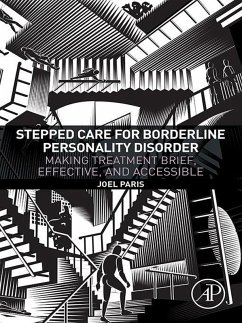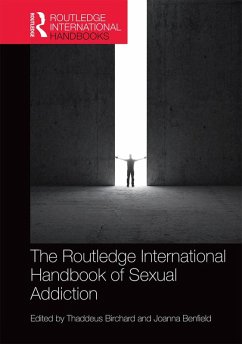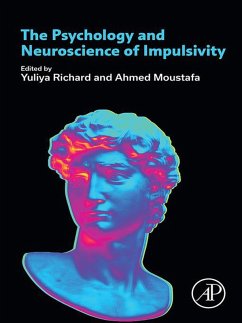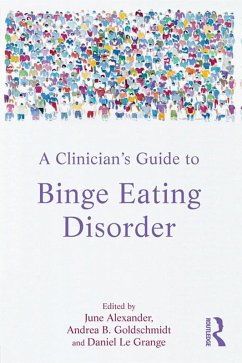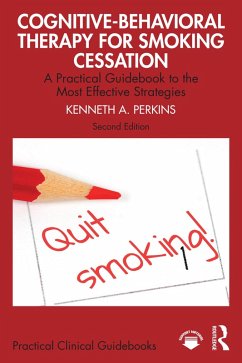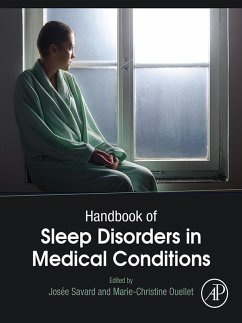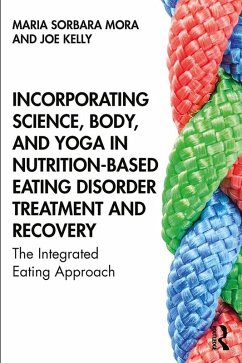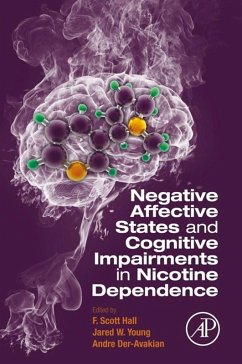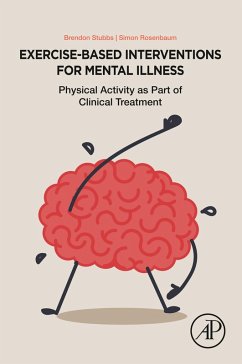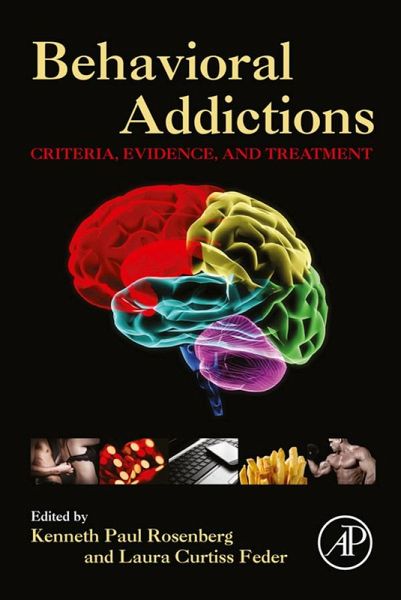
Behavioral Addictions (eBook, ePUB)
Criteria, Evidence, and Treatment
Redaktion: Rosenberg MD, Kenneth Paul; Feder Psyd, Laura Curtiss
Versandkostenfrei!
Sofort per Download lieferbar
41,95 €
inkl. MwSt.
Weitere Ausgaben:

PAYBACK Punkte
21 °P sammeln!
DSM-V broke new ground in May of 2013, designating a new disorder called "behavioral addiction." Clinicians immediately wanted to know: how is a behavioral addiction different from an impulse control disorder? What are the criteria for determining that some behaviors are addictions rather than impulses? What, if anything, does this mean in terms of effective treatment?Behavioral Addictions is the first and most authoritative text ever written on the subject of behavioral addictions. This comprehensive work explains the criteria used to determine addiction, the evidence for identifying assorted...
DSM-V broke new ground in May of 2013, designating a new disorder called "behavioral addiction." Clinicians immediately wanted to know: how is a behavioral addiction different from an impulse control disorder? What are the criteria for determining that some behaviors are addictions rather than impulses? What, if anything, does this mean in terms of effective treatment?Behavioral Addictions is the first and most authoritative text ever written on the subject of behavioral addictions. This comprehensive work explains the criteria used to determine addiction, the evidence for identifying assorted behaviors as addictions, and the evidence-based treatment for each.With contributions from preeminent experts covering an exhaustive list of behavioral addictions, this book is unique in its coverage of behavioral addictions, their criteria, and treatment. It is a valuable and timely resource for any clinician treating addictions. - A guide to understanding the new DSM-V designation of behavioral addiction - Defines the criteria for behavior to be considered an addiction designation - Discusses the evidence for behaviors meeting addiction criteria - Identifies what is now, likely will be, and is not a behavioral addiction per evidence - Discusses behaviors formerly considered impulse control disorders - Presents evidence-based treatment for each behavioral addiction
Dieser Download kann aus rechtlichen Gründen nur mit Rechnungsadresse in A, B, BG, CY, CZ, D, DK, EW, E, FIN, F, GR, HR, H, IRL, I, LT, L, LR, M, NL, PL, P, R, S, SLO, SK ausgeliefert werden.




